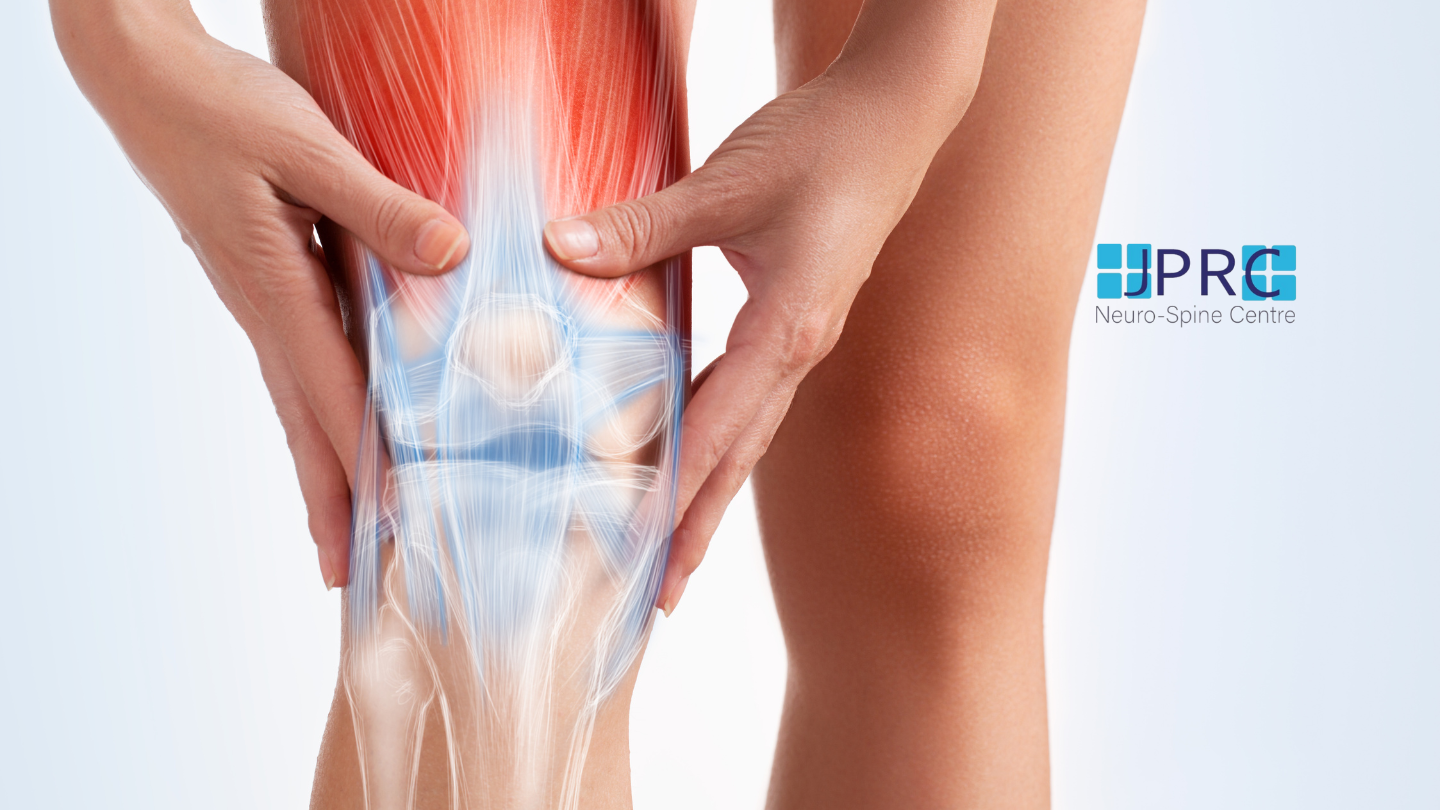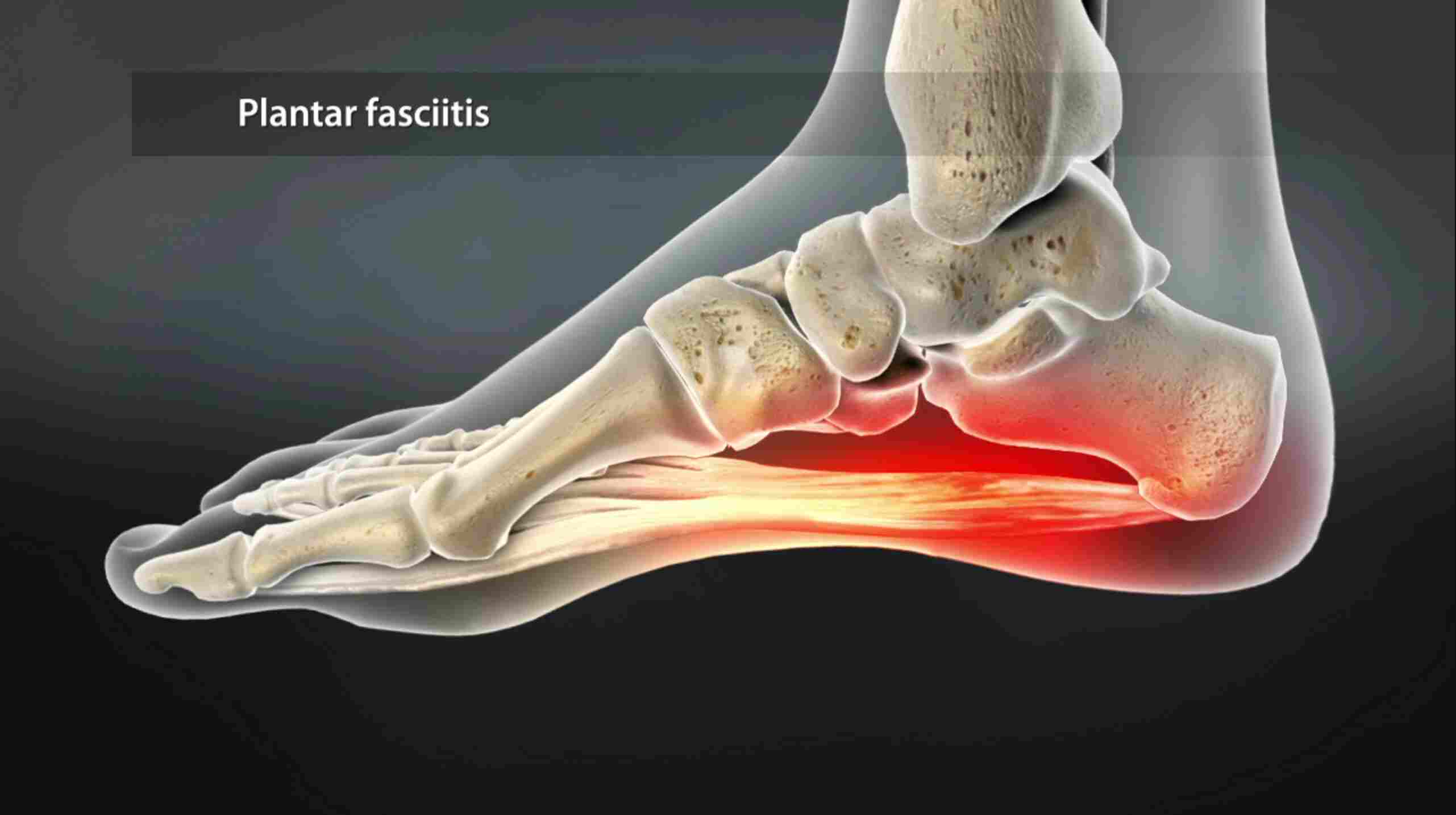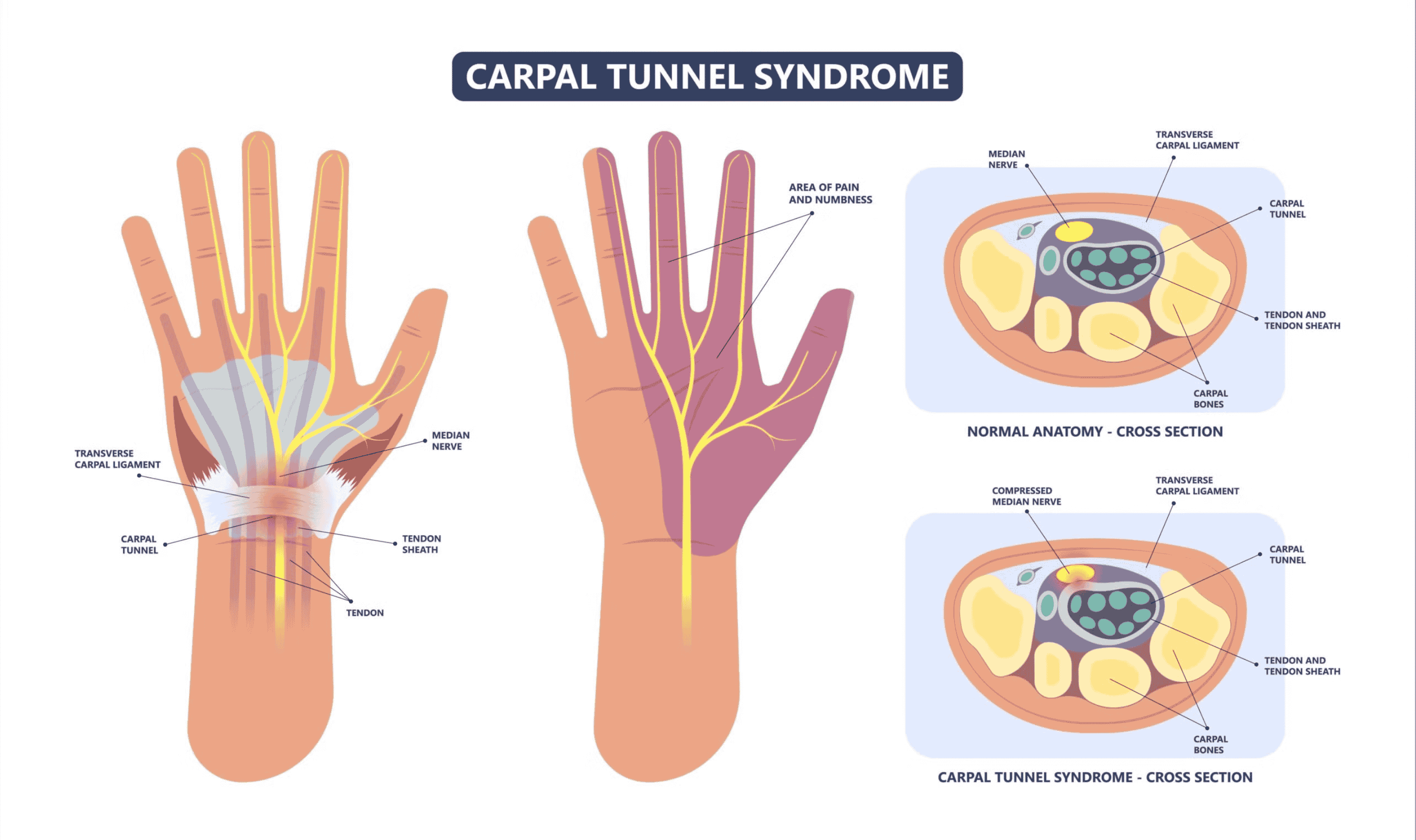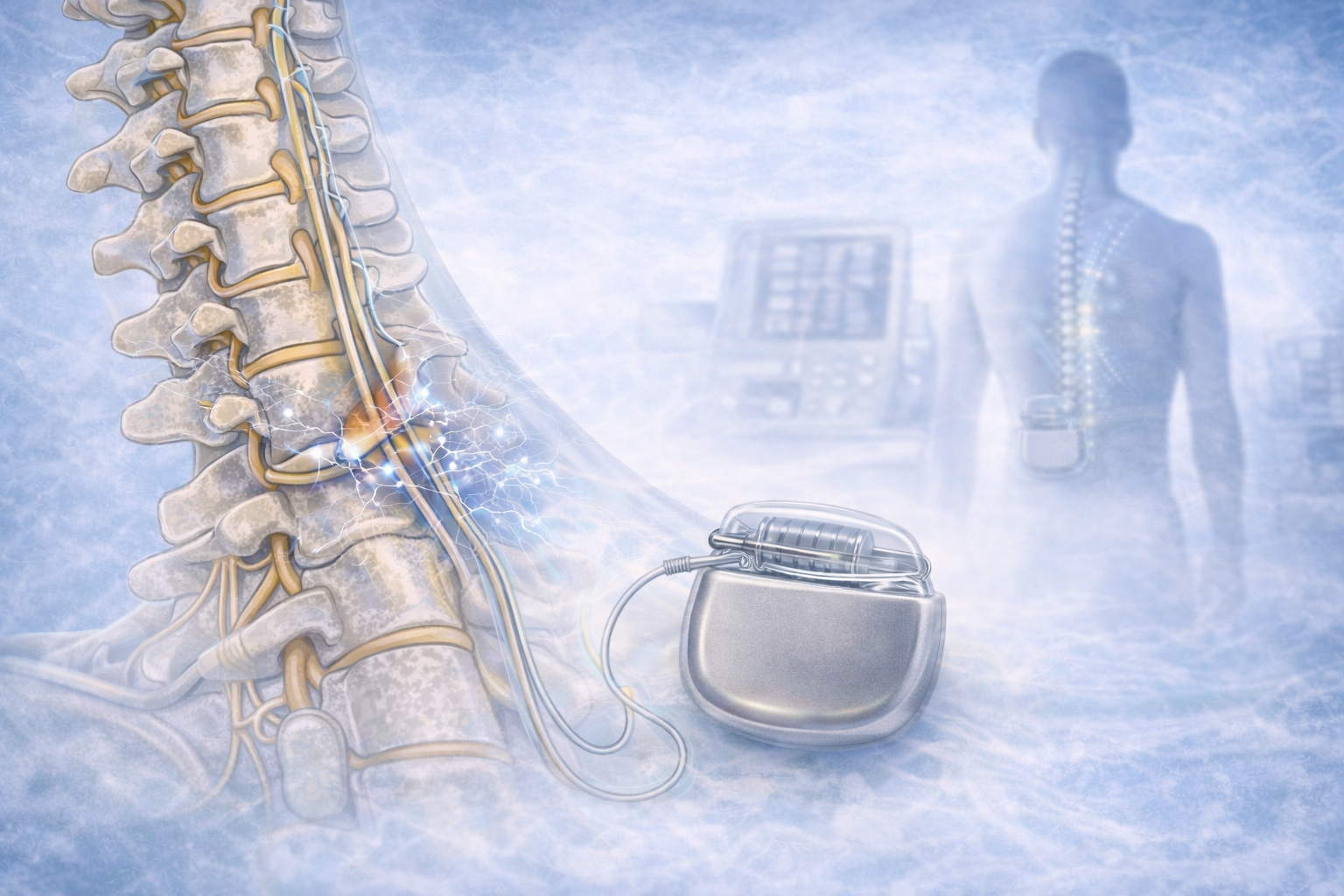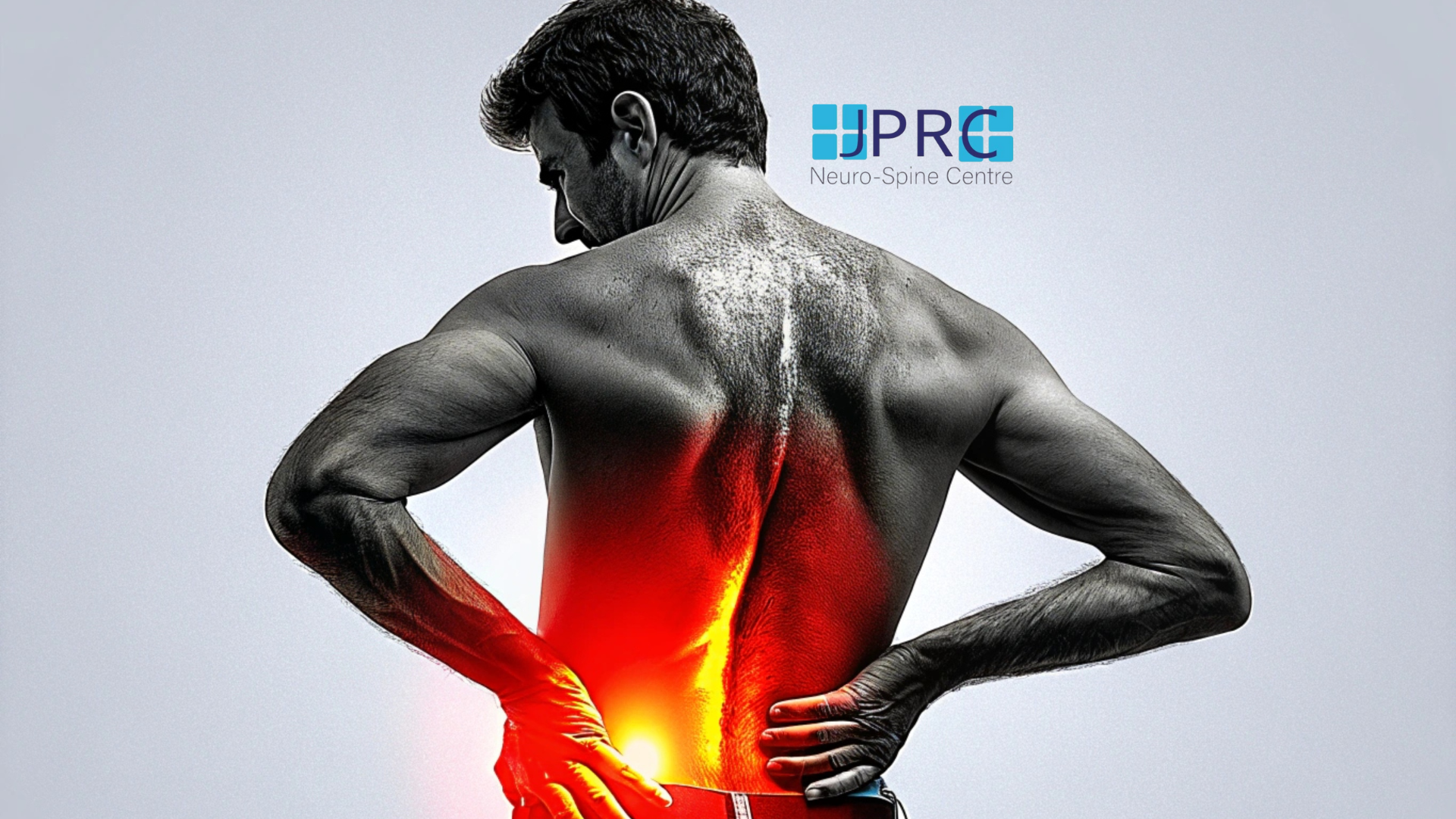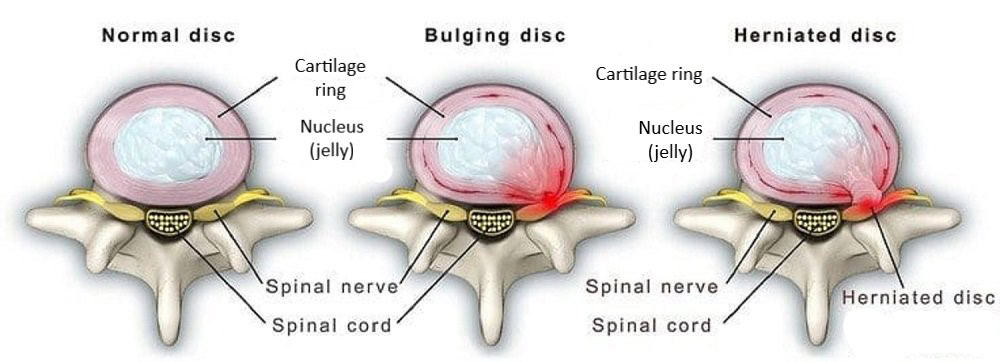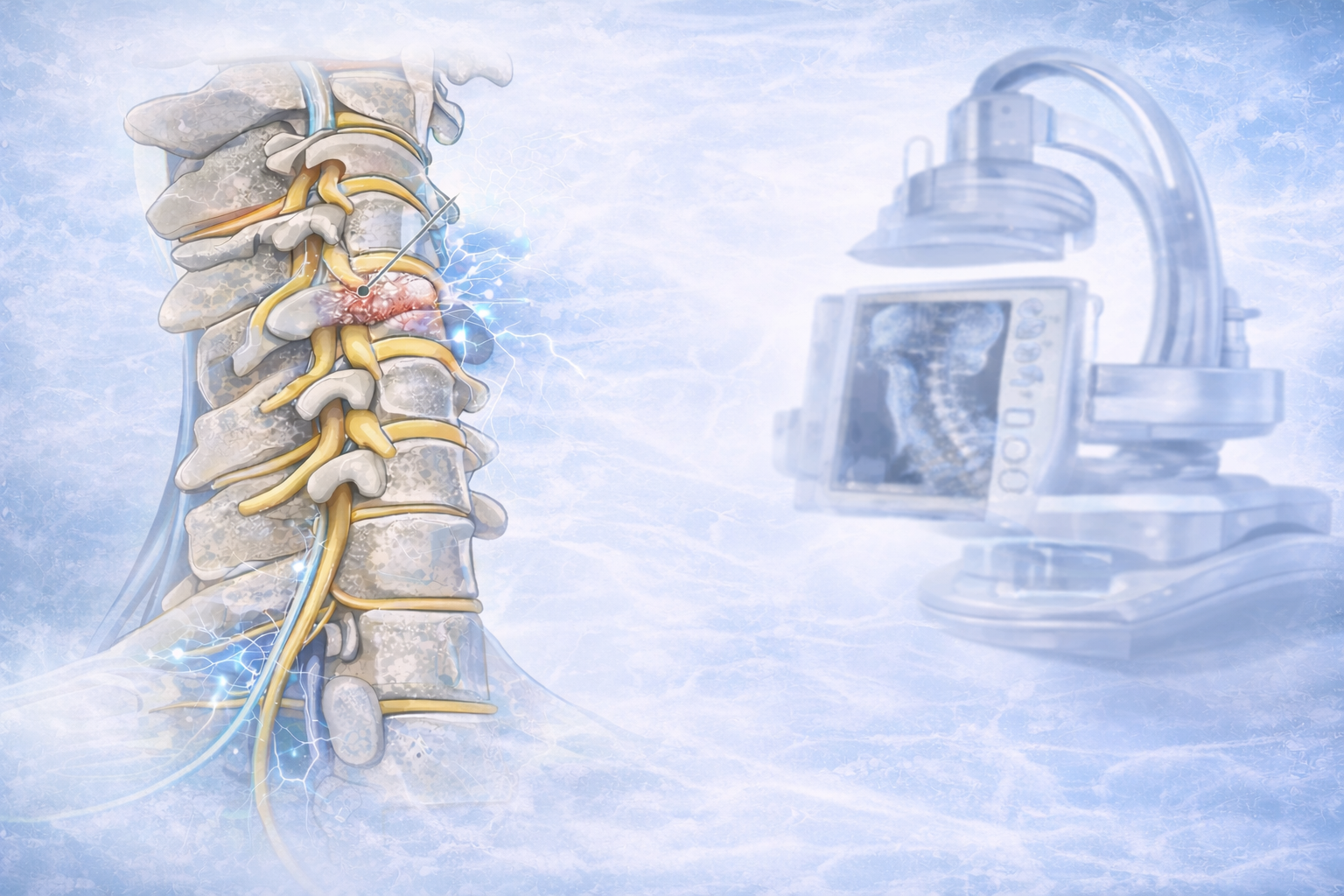MRI opinion
Why You Need an MRI Second Opinion
A Magnetic resonance imaging (MRI )Exam is among the most powerful diagnostic tools for detecting many types of illnesses. Your doctor ordered an MRI exam because he wanted to make sure you had the best diagnostic care possible, leading to the best treatment if it is needed. An MRI second opinion is an important part of that process.
MRI images are captured by machines using enormous magnets and evaluated by radiologists. However, the interpretation of MRI results is not clear cut. The machine provides a view inside the body, but it is up to human eyes and the judgment of the radiologist to analyze what the machine has recorded.
Ensure the Accuracy of Your Exam with an MRI Second Opinion
For the best diagnostic results, you need an MRI second opinion. Studies have found that not every radiologist will interpret the same MRI picture in exactly the same way. Your course of treatment depends on the exam results. Patients who want the best healthcare will get extra assurance with an MRI second opinion.
In particular, many factors can influence the interpretation of an exam – the radiologist’s experience level, workload level, fatigue. Radiologists have different opinions, and unfortunately, even the most seasoned physician can simply make a mistake. An MRI second opinion can ensure the accuracy of your exam interpretation.
An MRI Second Opinion is an Investment in Your Health
Also, remember that you have invested time travelling to the MRI site and in the exam process itself. A small investment in an MRI second opinion will help you make the most of your efforts so you can feel assured and confident about the results of your exam.
MRI exams focus on different areas of the body and examine a variety of conditions. In the abdomen and pelvic area, an MRI can find problems such as tumours and bleed in the liver, kidneys, and bladder. Blood vessels may be scanned to check for issues such as blockages, and bones and joints may be examined for tumours or infections.
Whatever Your Condition, an MRI Second Opinion Adds Perspective
An MRI scan of the head can find aneurysms and problems with nerves connected with the eyes and ears. A chest MRI exam can find damage to the heart or lungs and may also be used to look for breast or lung cancer. There are as many reasons your doctor may have ordered an MRI exam as there are for getting an MRI second opinion.
Whatever the specific reason, typically an MRI exam is ordered to check for a serious condition, and an MRI second opinion will help ensure the best possible diagnosis and treatment.
Different Procedures Call for Different MRI Second Opinion Specialists
Having an MRI diagnosis by a radiology sub-specialist is particularly important. Radiologists may be generalists reading a wide range of exams or specially trained experts who focus on a particular area. These physicians have the extra training and experience to assess small nuances on your exam and their MRI second opinion may make an important difference in your diagnosis. When you book your MRI second opinion, If you are unsure, contact SecondOpinions.com for assistance.
You Can Play an Active Role in Your Healthcare with an MRI Second Opinion
Most physicians agree that patients should conduct research about their medical symptoms. They feel patients should play an important role in their own healthcare and their MRI second opinion. In particular, an MRI second opinion is particularly important for conditions where diagnosis demands a high level of Radiology skill and knowledge and when a misdiagnosis may result in more invasive treatment or an irreversible treatment that may be unnecessary.
Remember, receiving an MRI second opinion doesn’t mean you don’t trust your doctor. It simply means you are an intelligent, motivated patient ready to play an active role in your own healthcare. Most physicians will respect a patient who asks for an MRI second opinion from highly-trained fellow radiologist because it can contribute new information to their diagnosis and treatment.










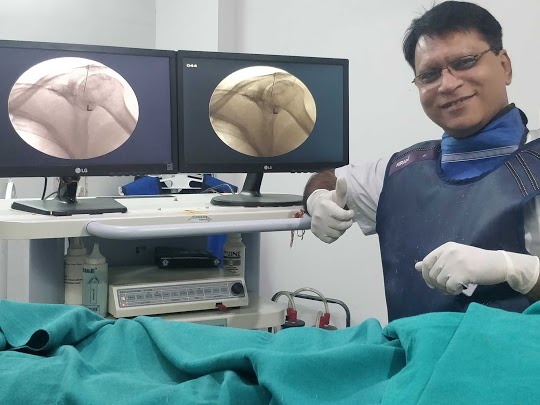



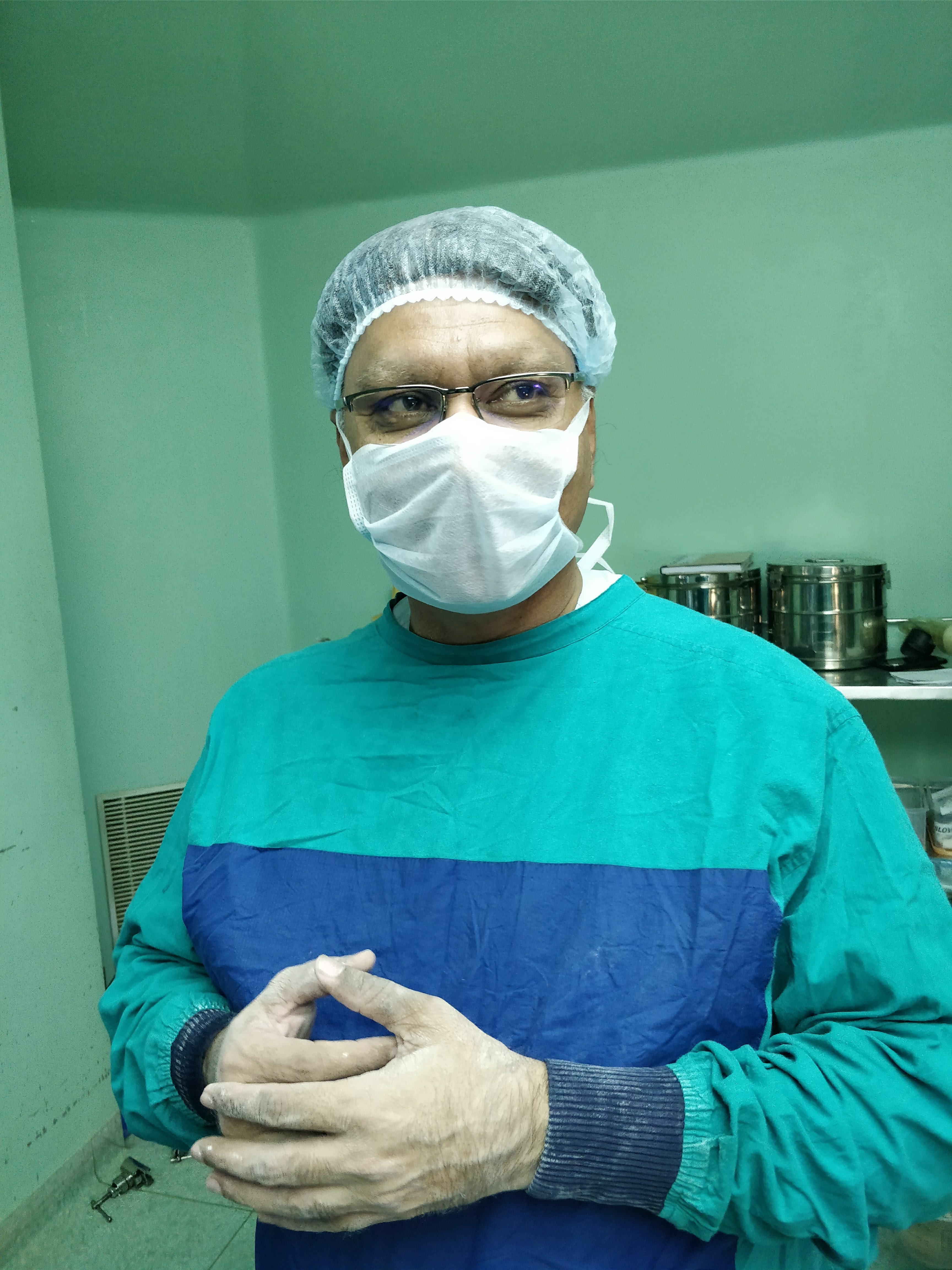
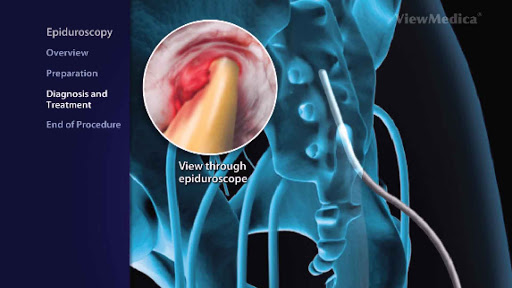

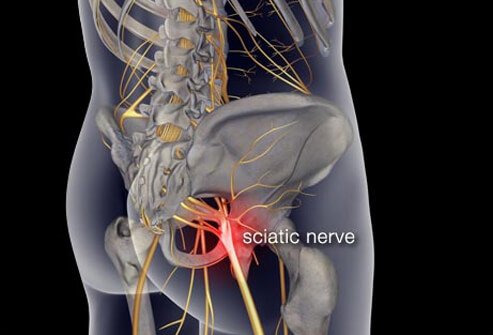



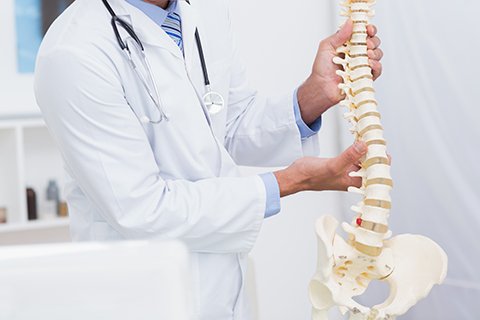


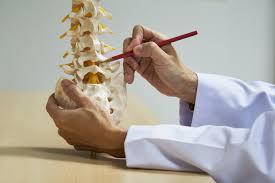
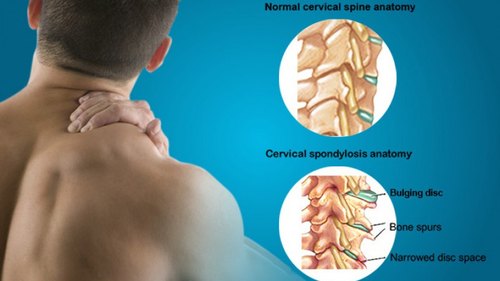
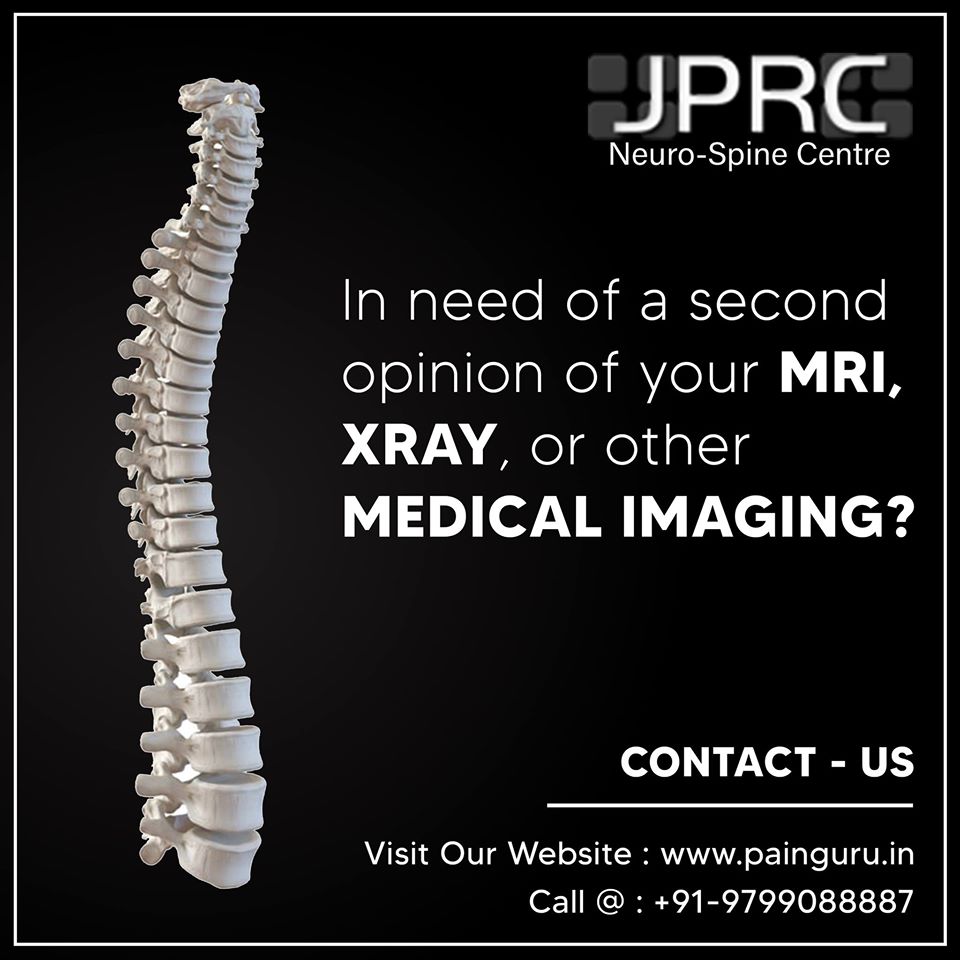






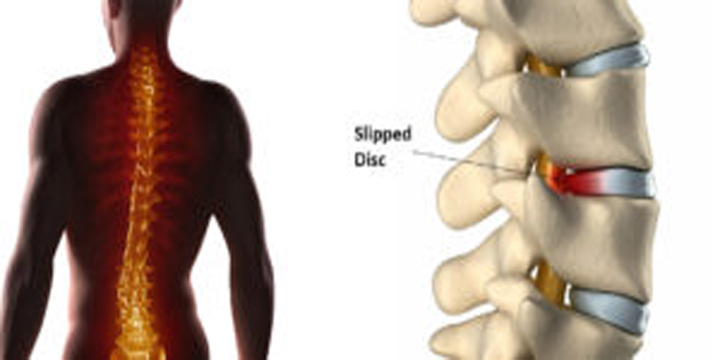
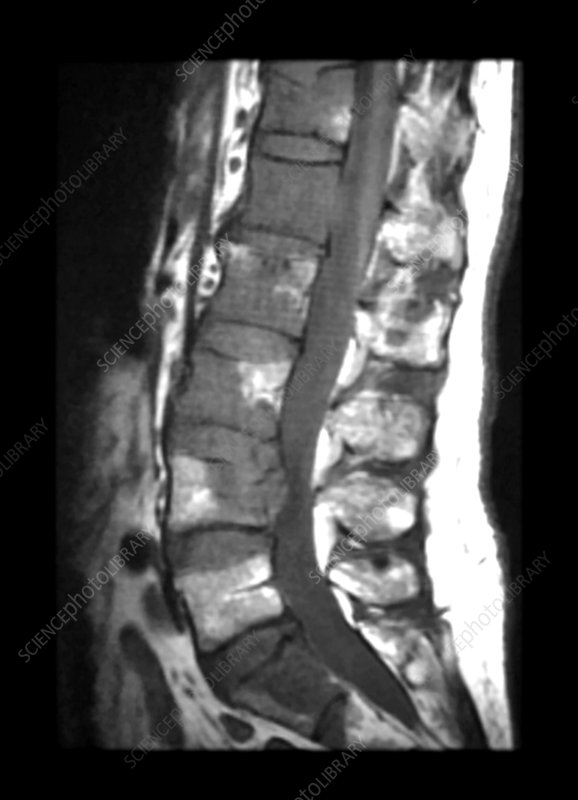




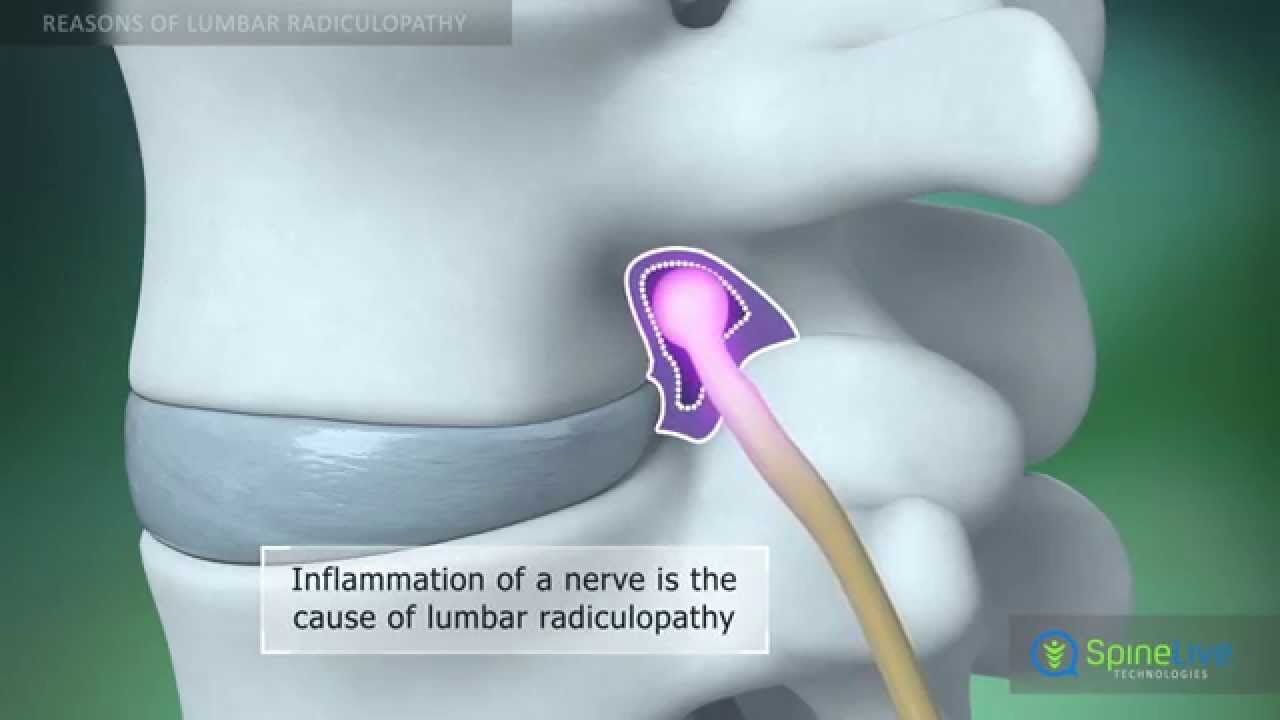
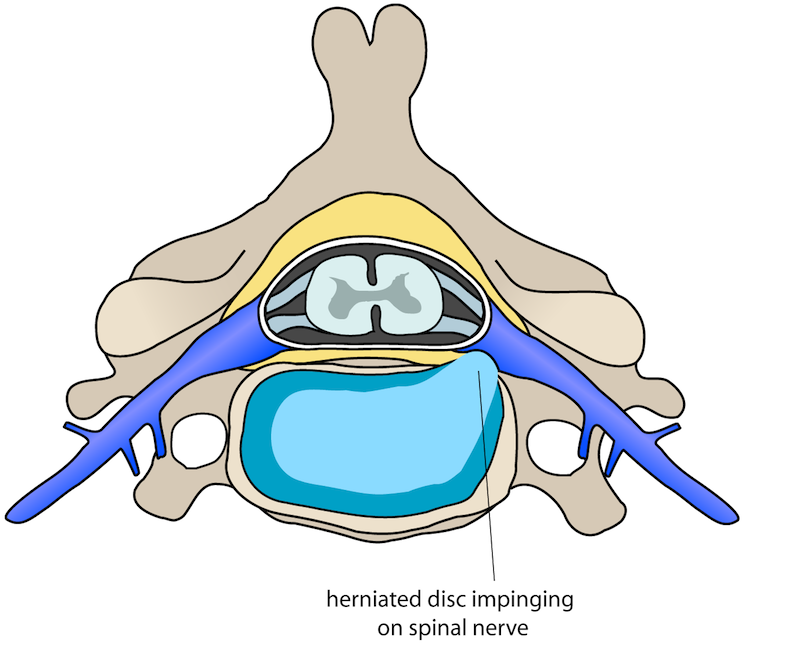
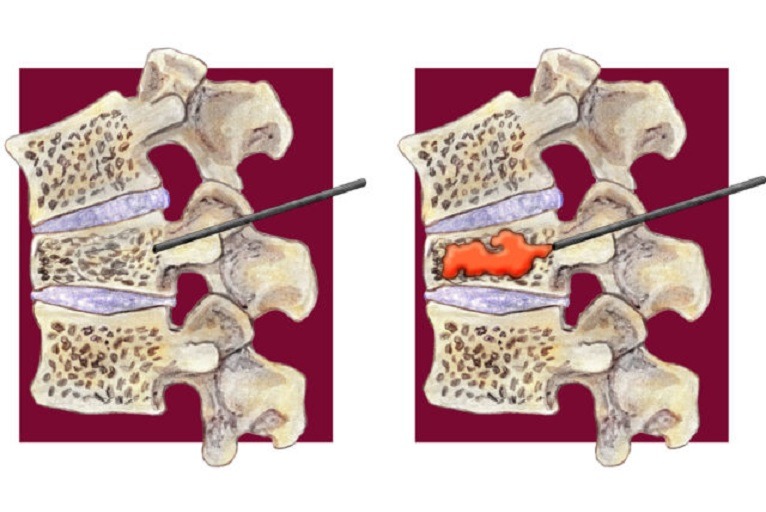












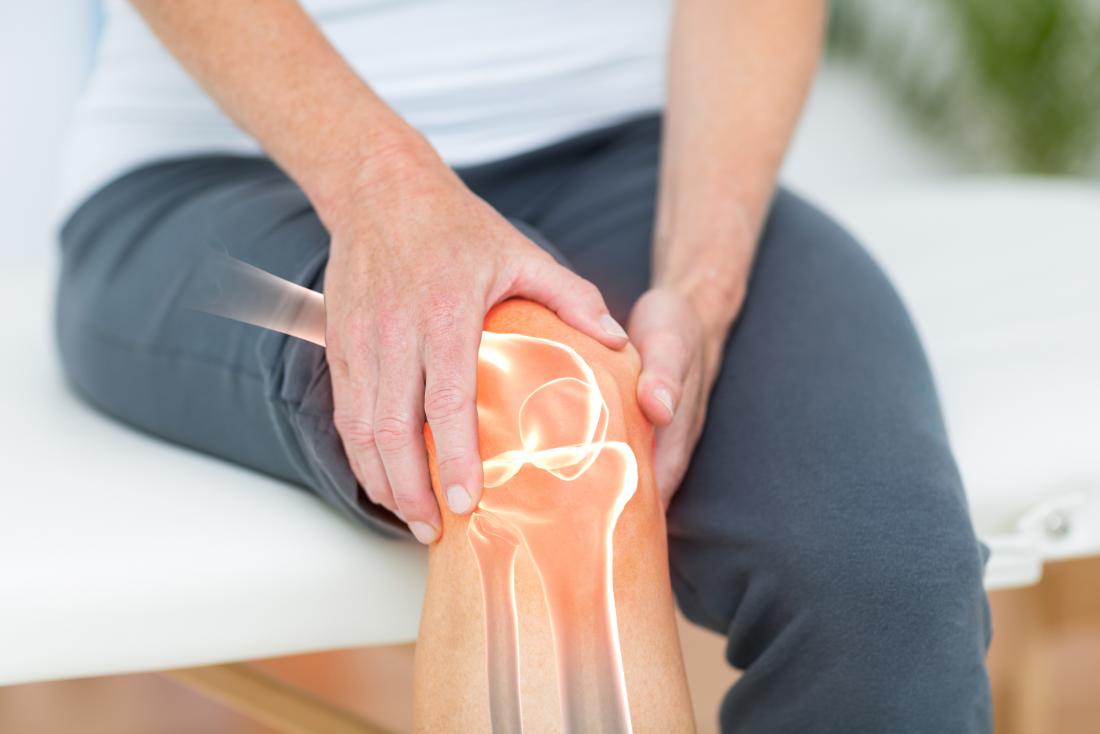
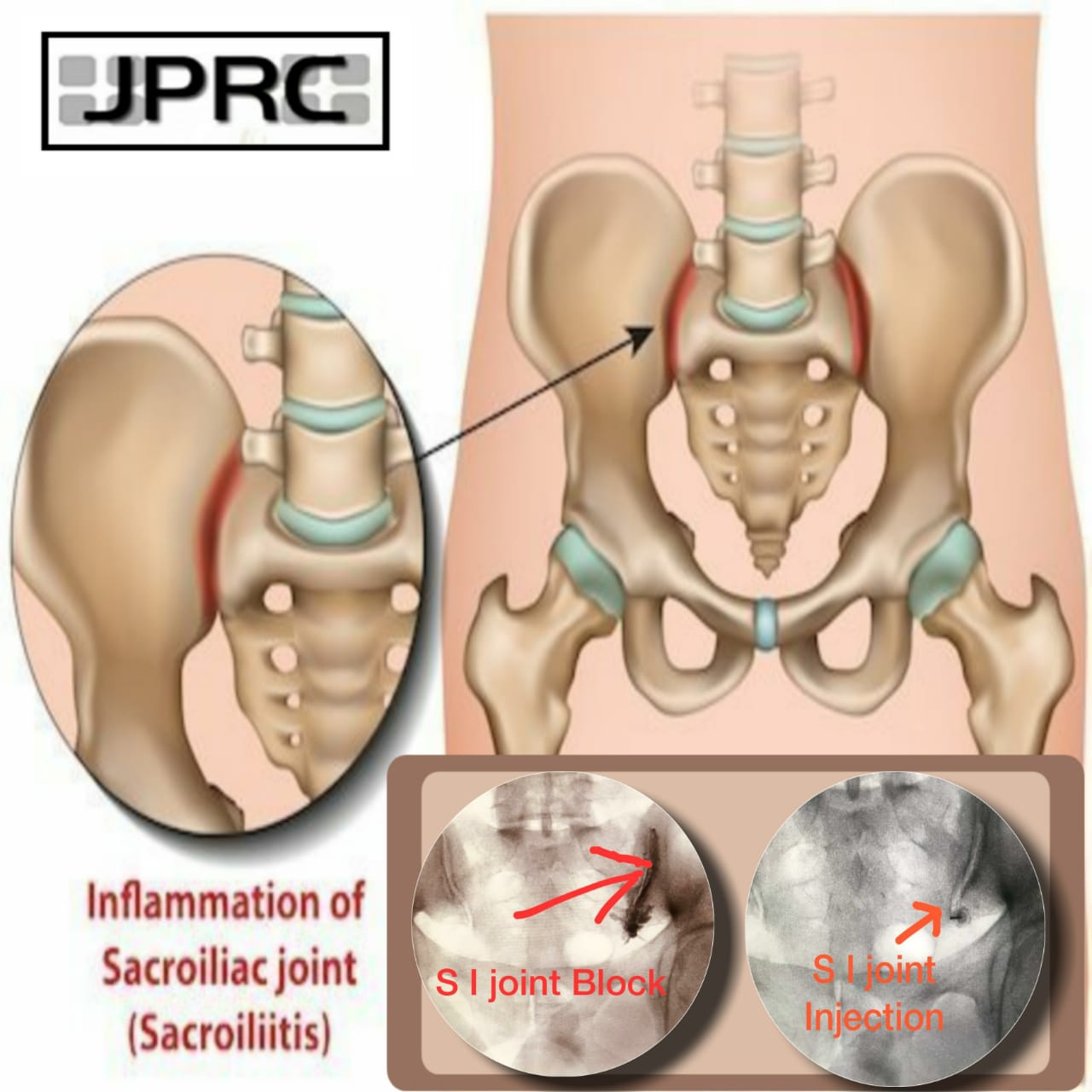





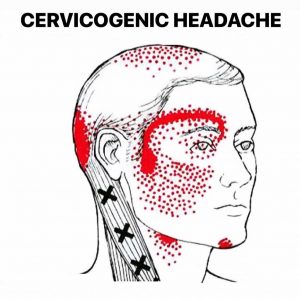




.jpg)





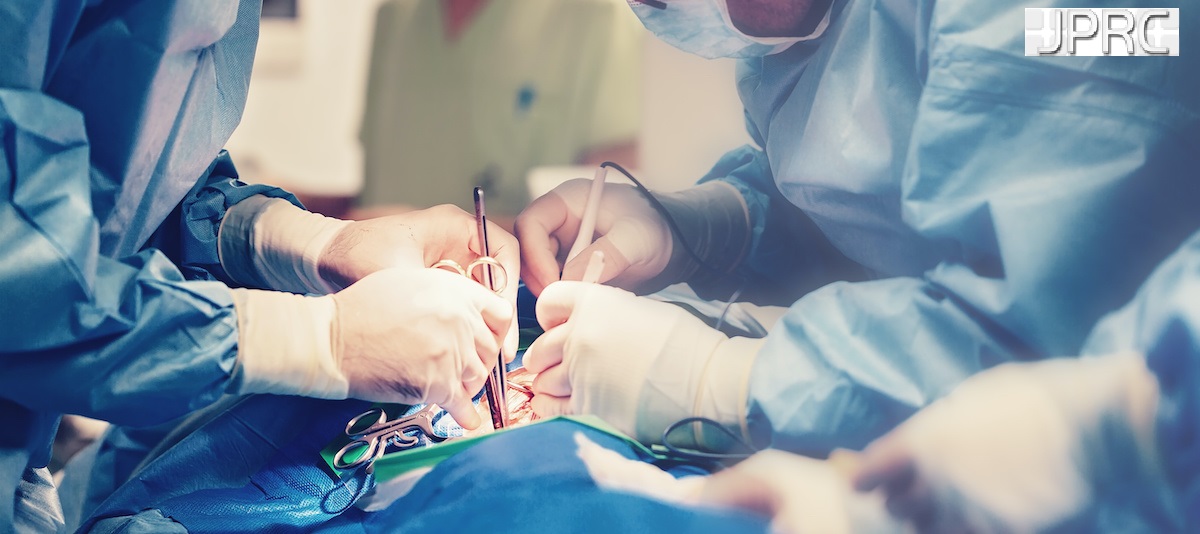


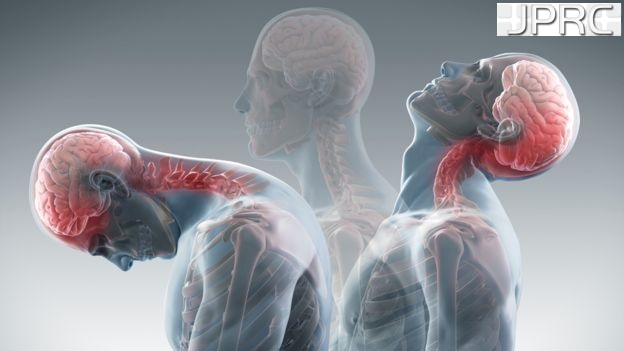


_Injection_Description_in_Hindi.jpg)
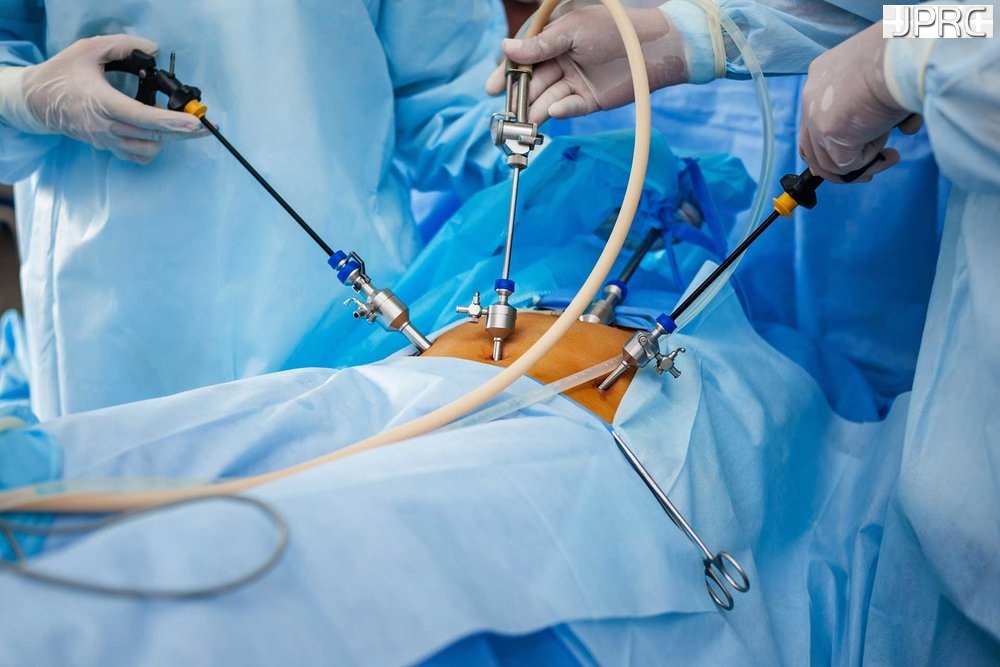

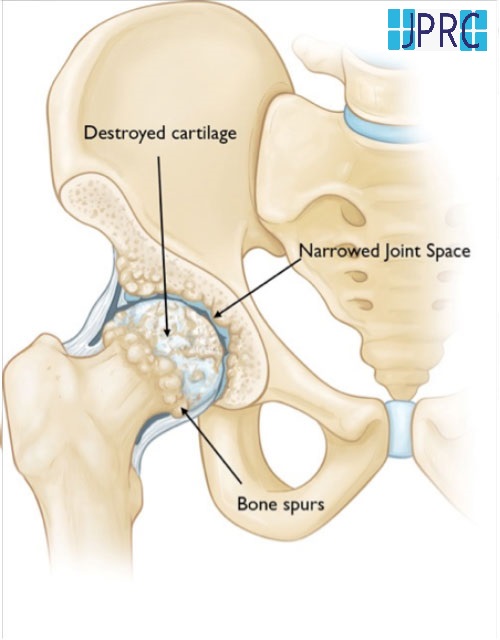



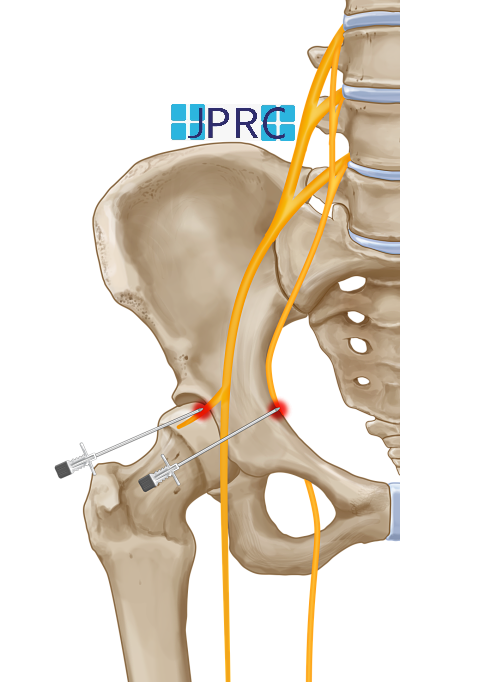


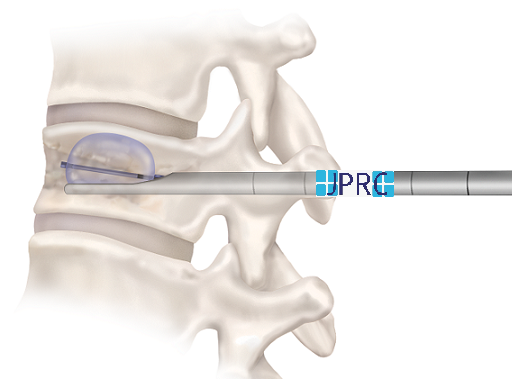





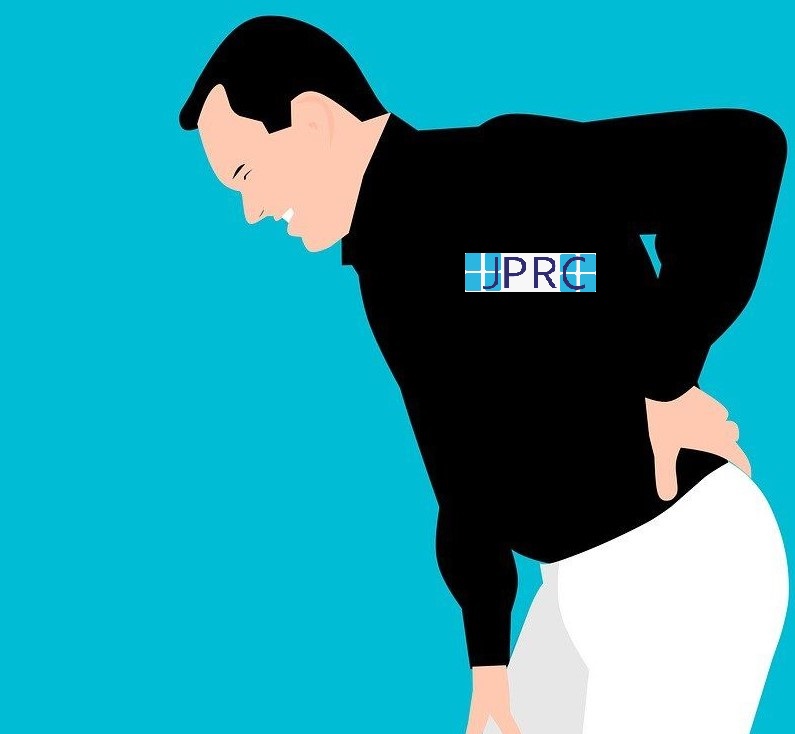
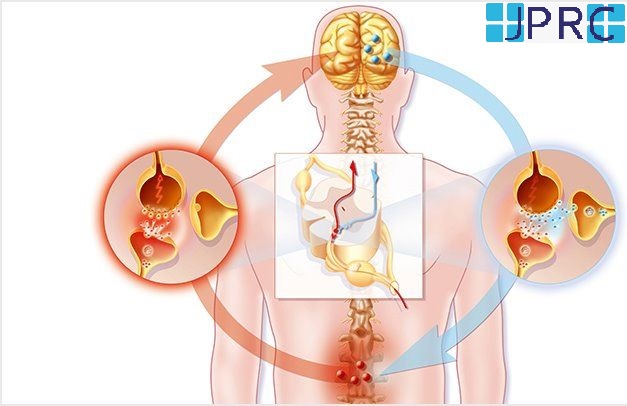

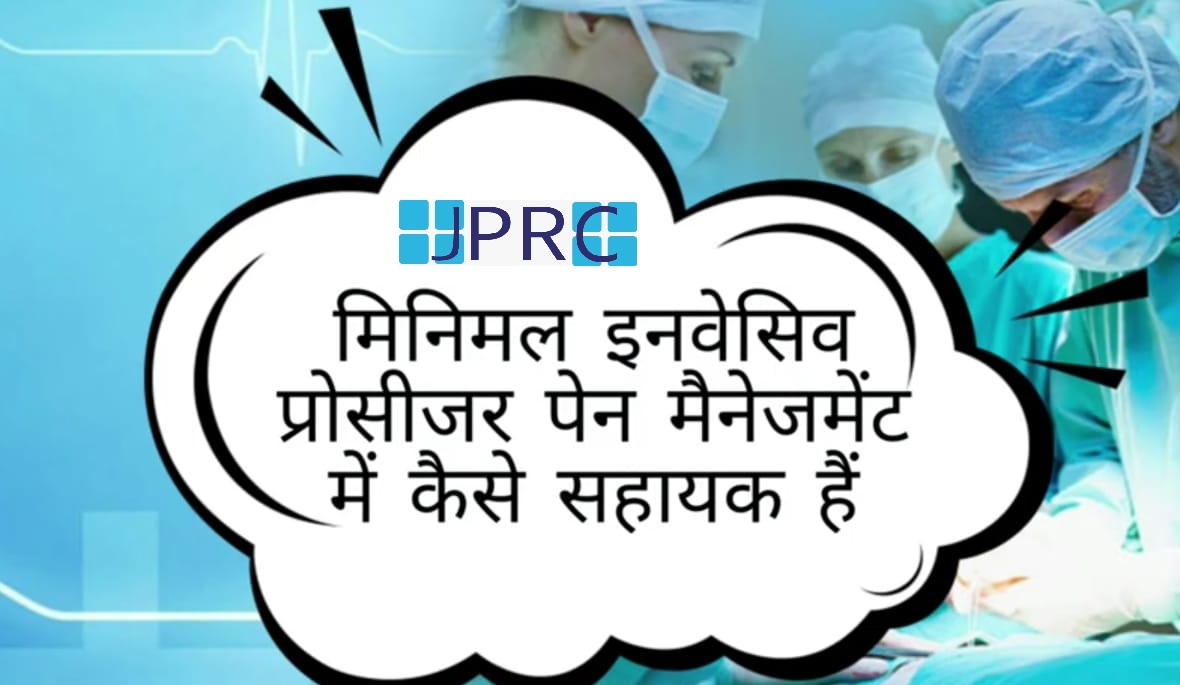
.jpg)
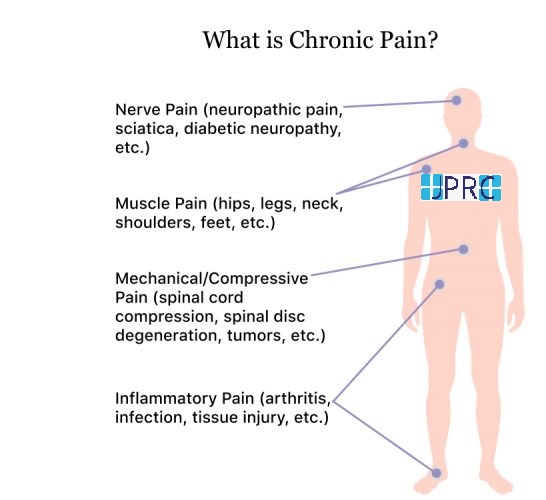



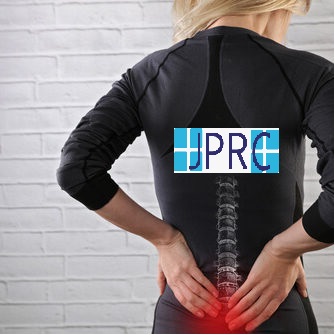



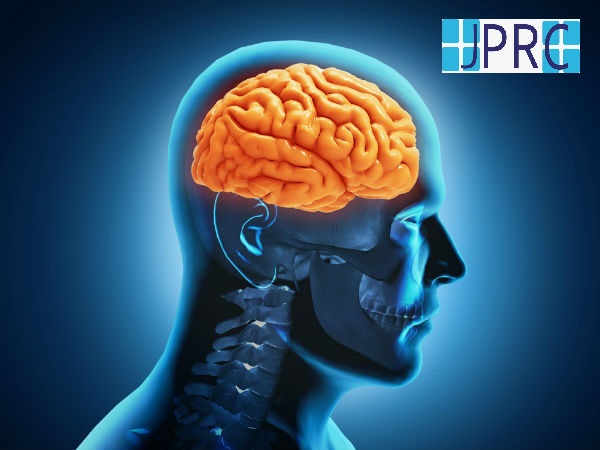

.jpg)




.jpg)
.jpg)
.jpg)



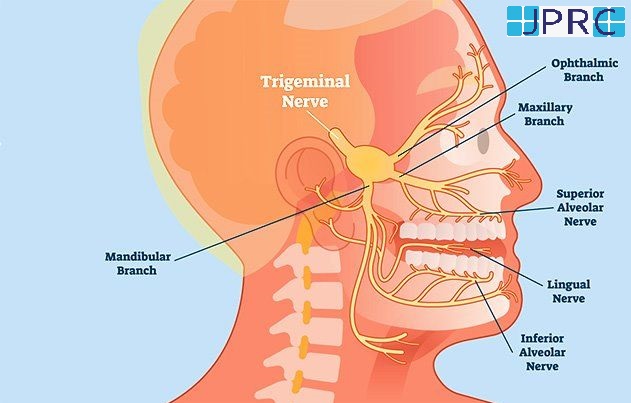



.jpg)
.jpg)
.jpg)
.jpg)
.jpg)
.jpg)
.jpg)
.jpg)
.jpg)
.jpg)
.jpg)
.jpg)
.jpg)
.jpg)
.jpg)
.jpg)
.jpg)
.jpg)
.jpg)
.jpg)
.jpg)
.jpg)




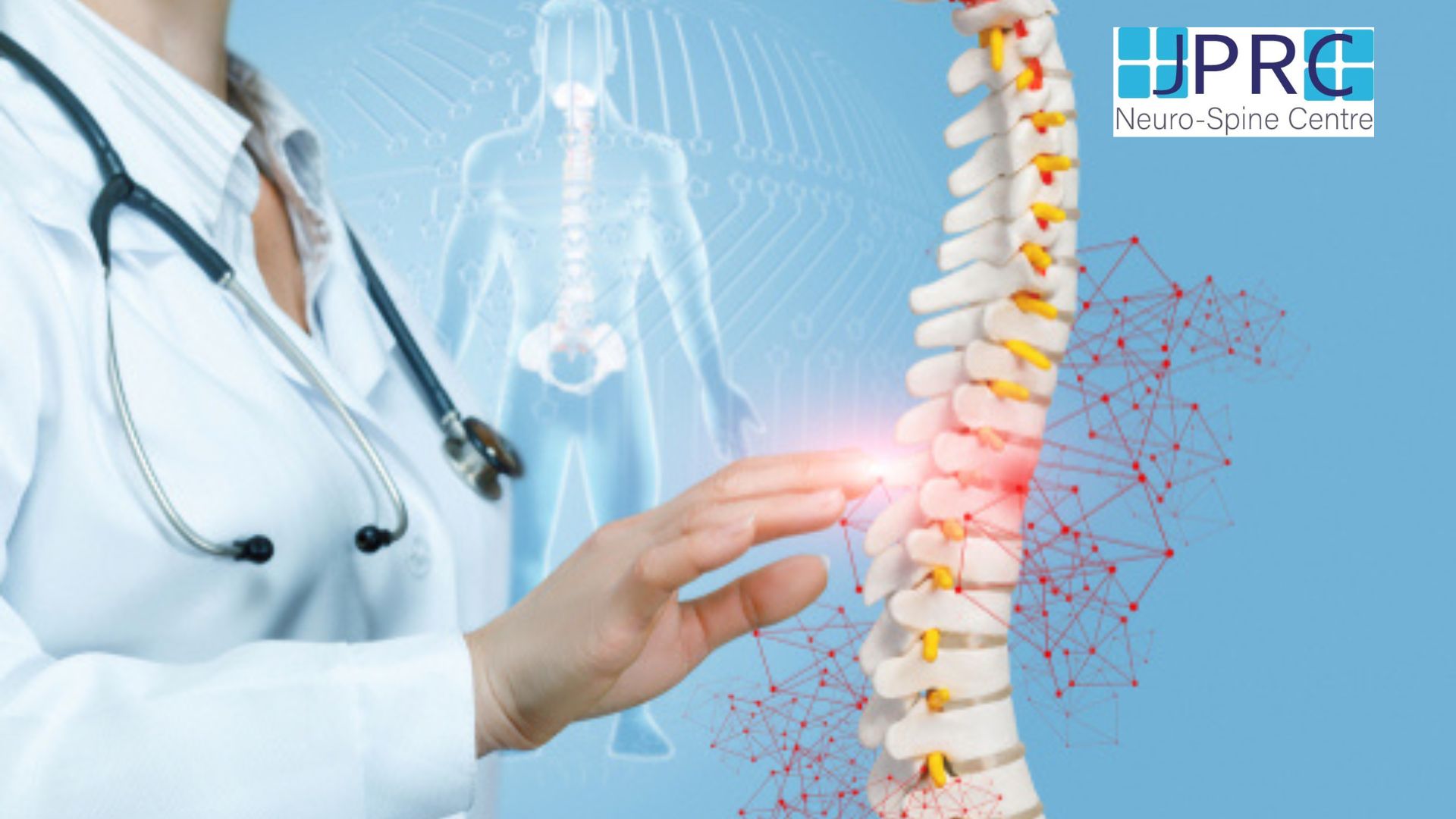



1.jpg)
1.jpg)
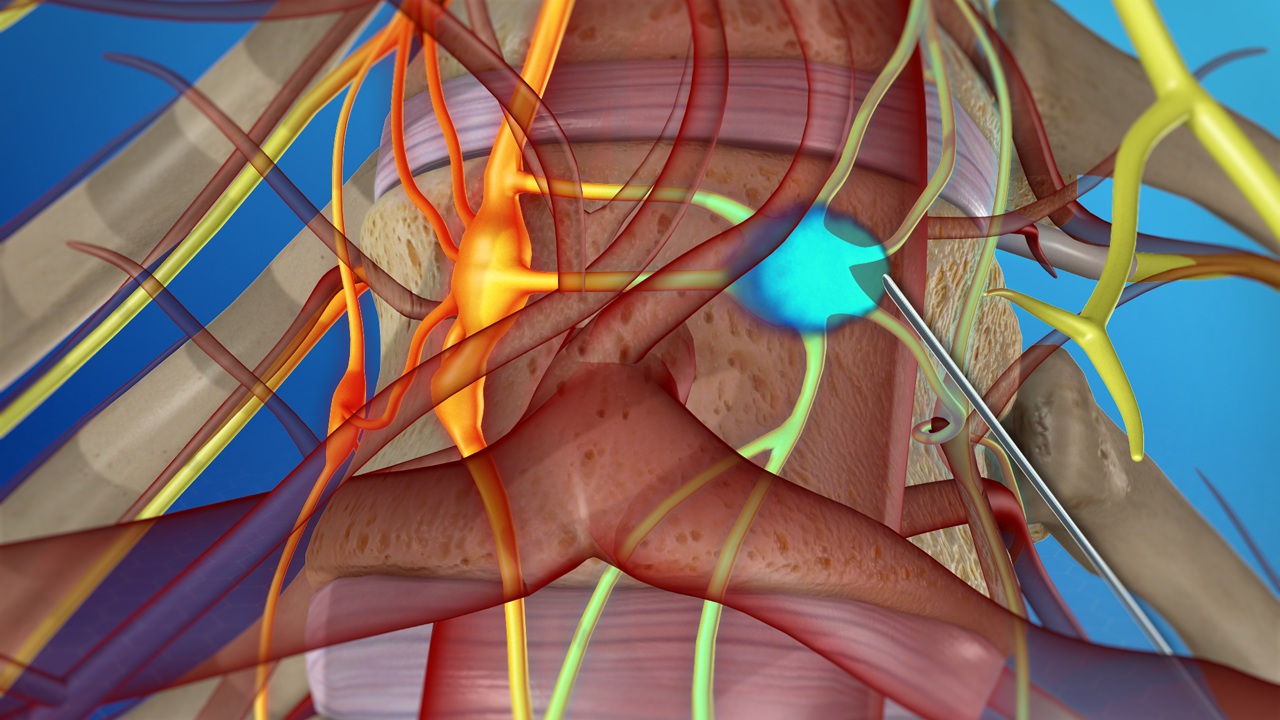
1.jpg)
1.jpg)
1.jpg)
1.jpg)
1.jpg)









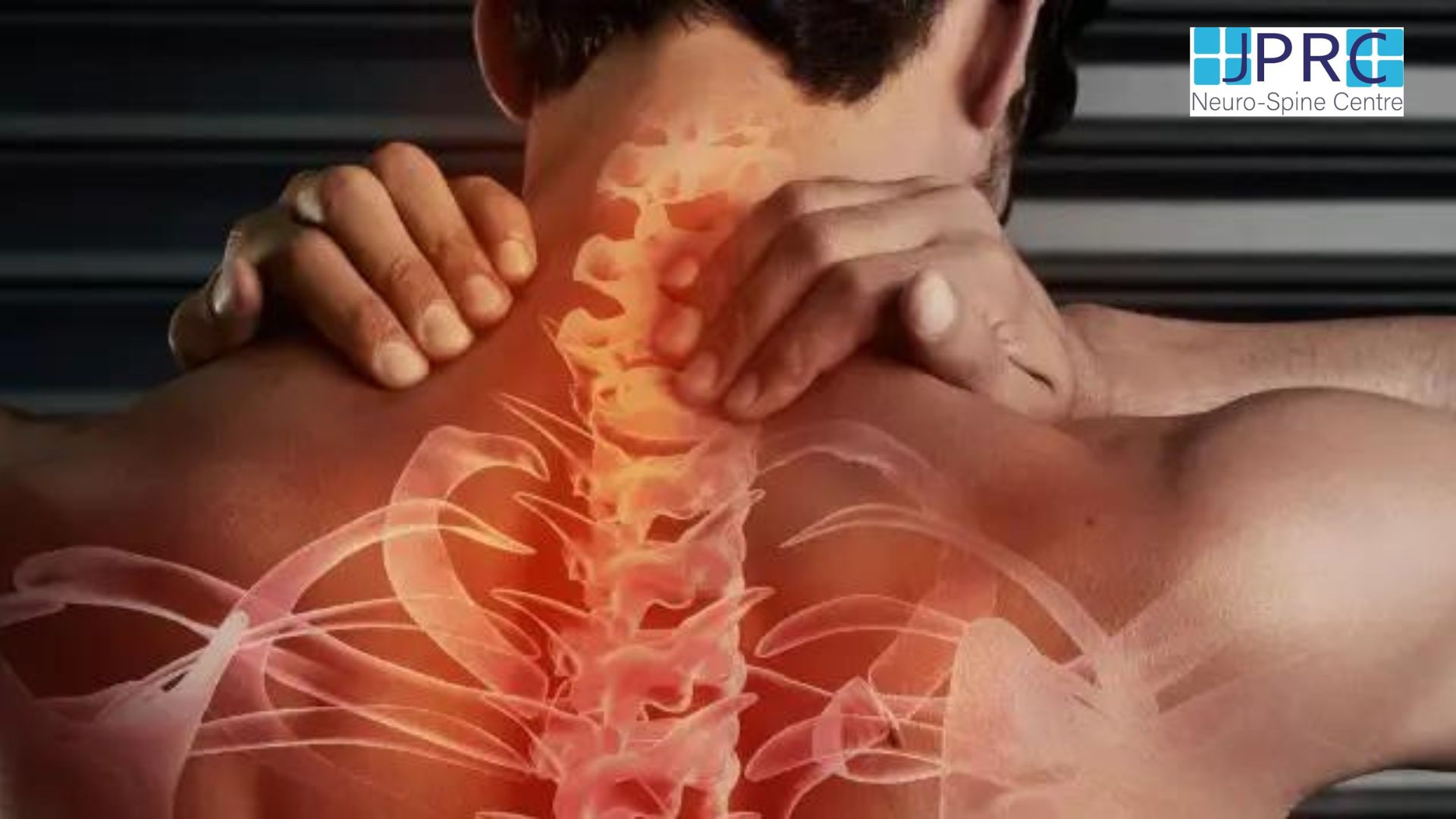
2.jpg)
3.jpg)

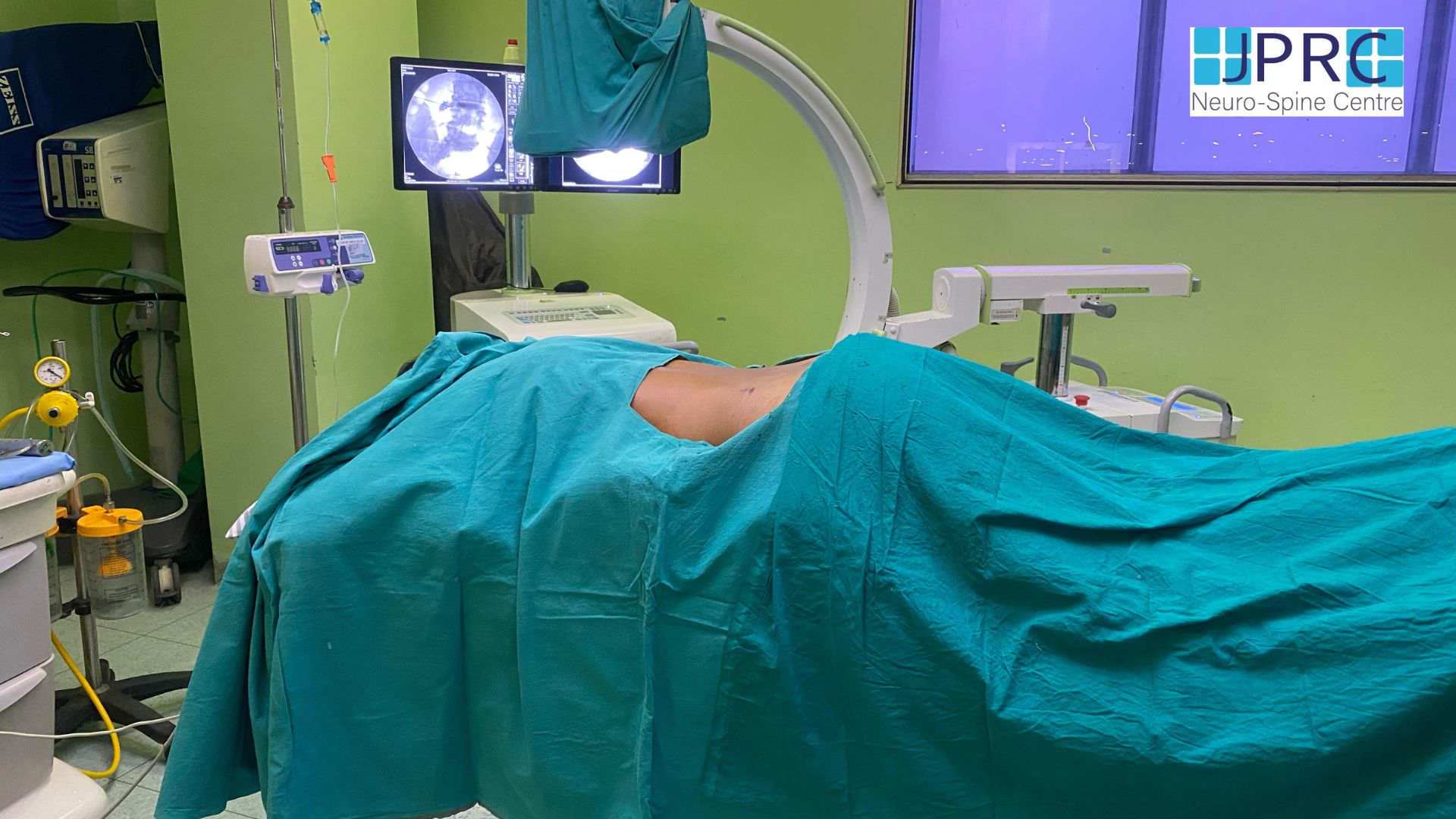

4.jpg)
1.jpg)
2.jpg)
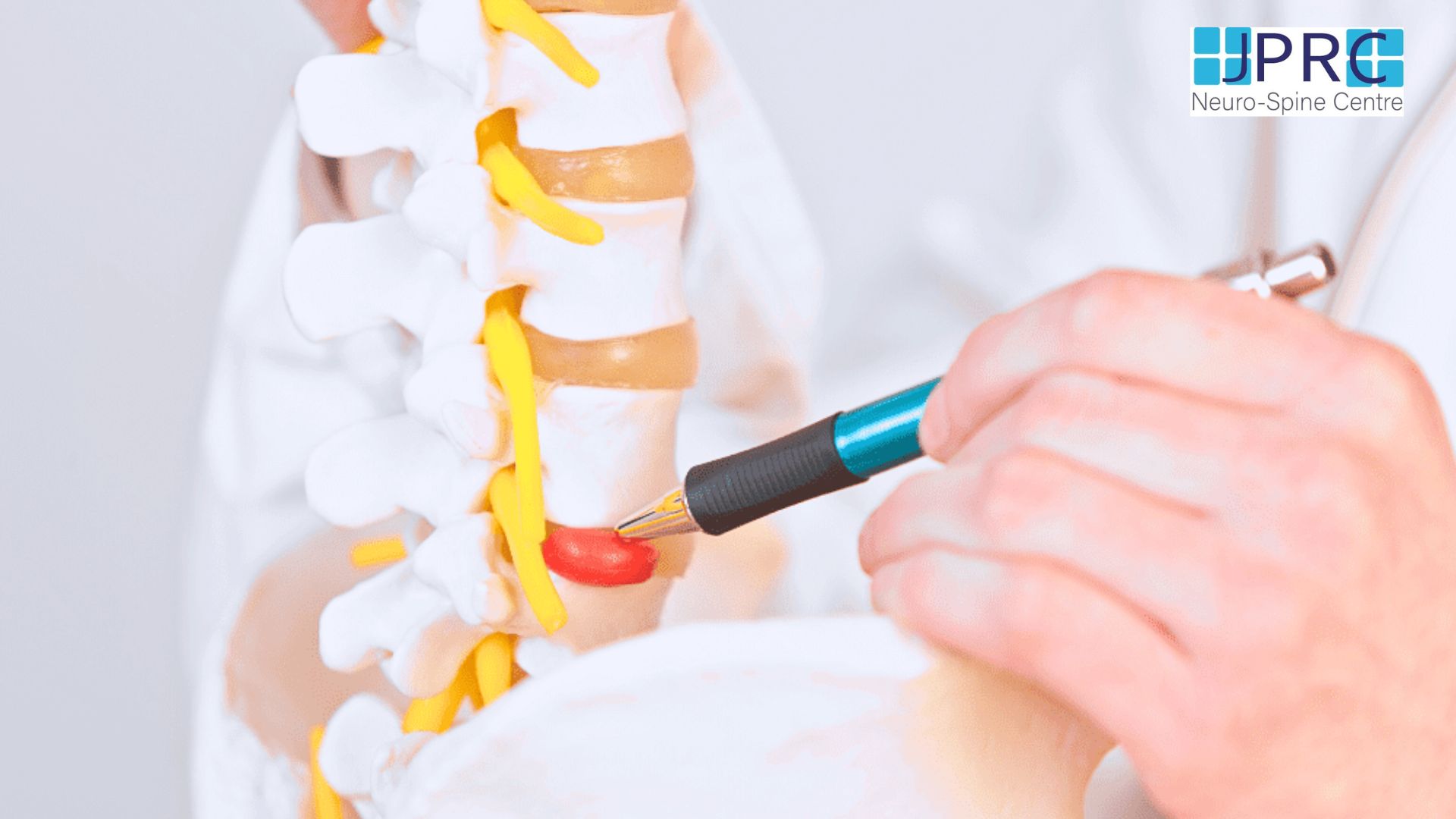
5.jpg)
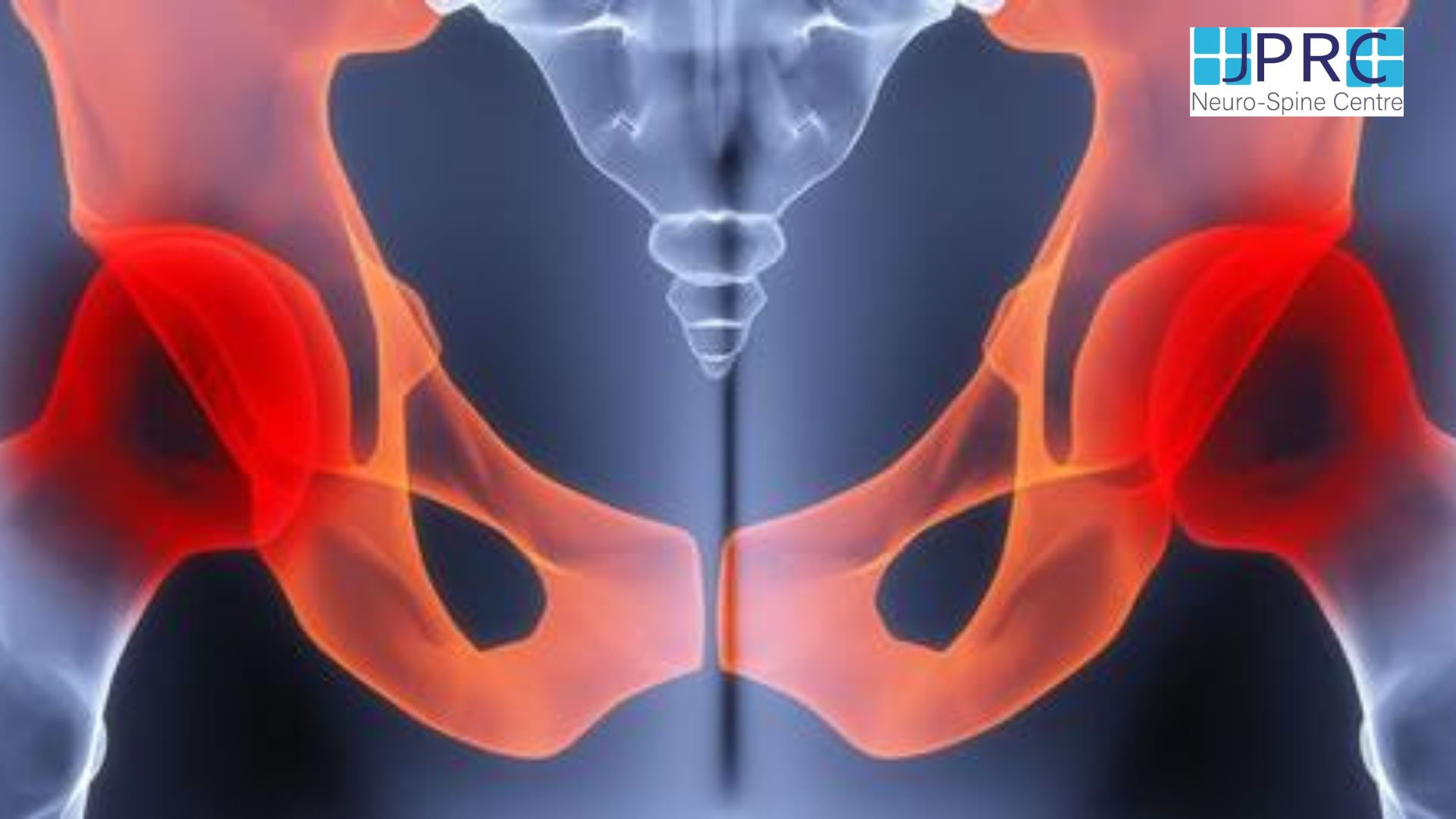
6.jpg)
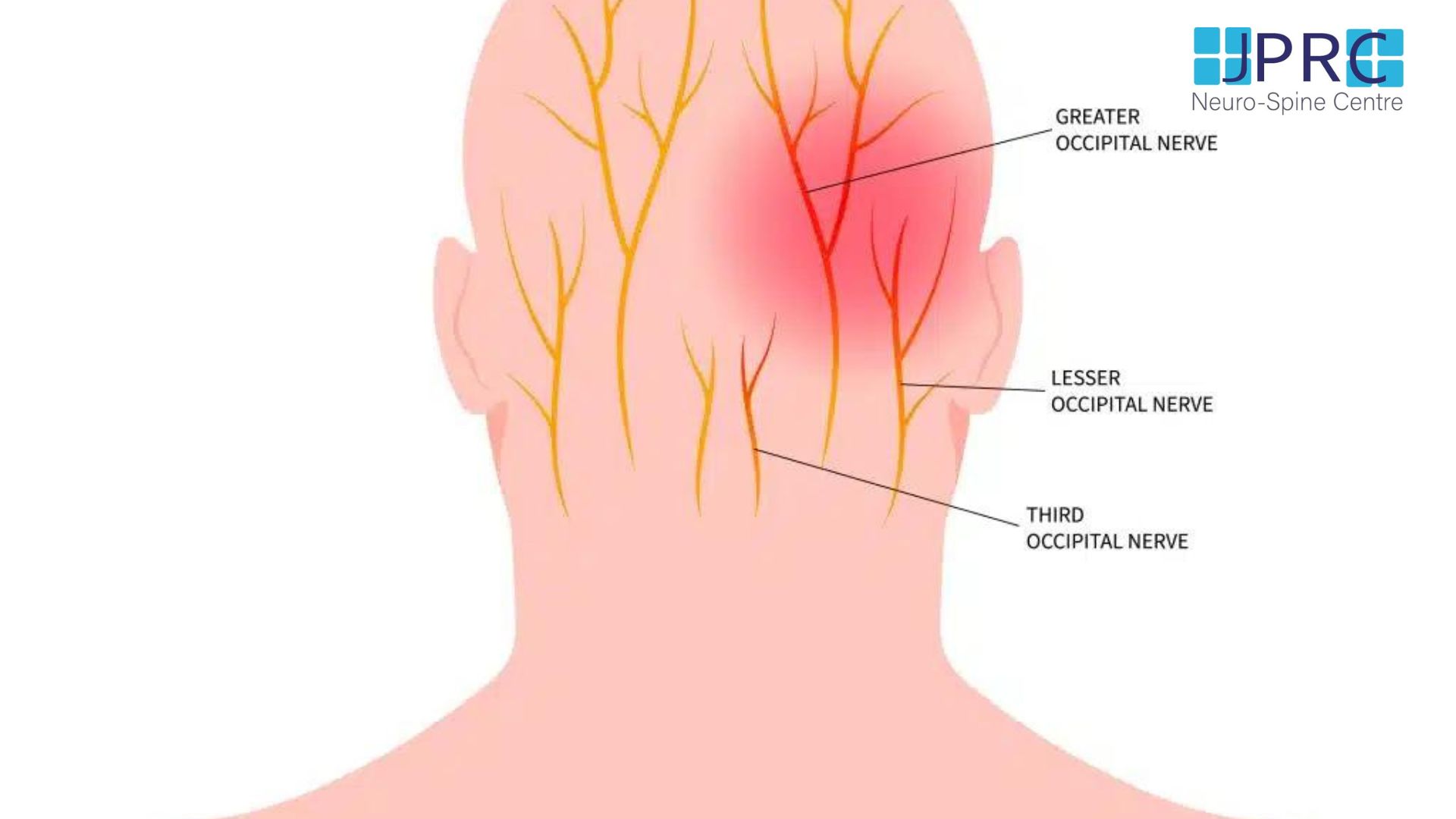
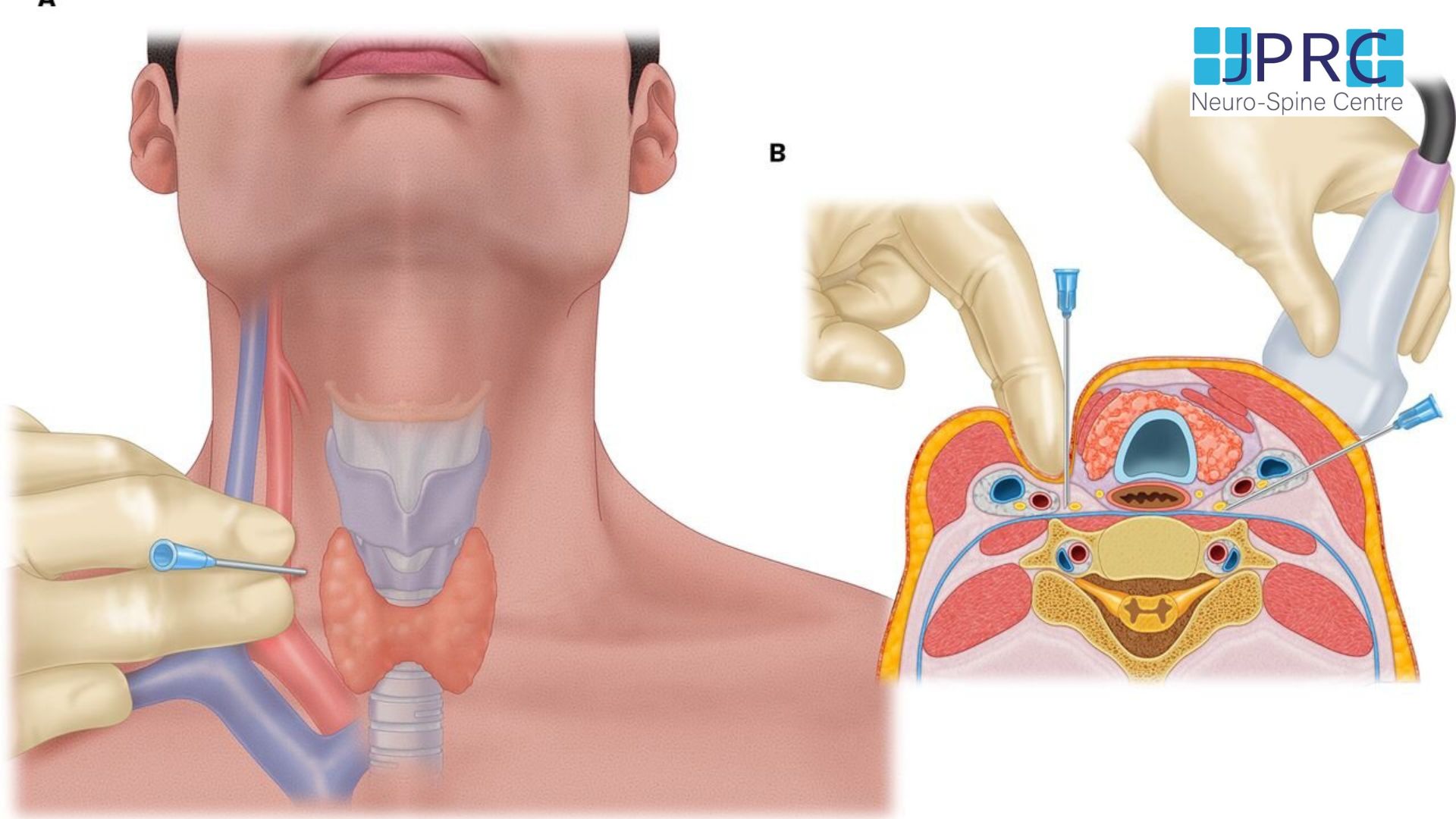


7.jpg)
2.jpg)

8.jpg)

9.jpg)
3.jpg)

10.jpg)

11.jpg)


12.jpg)
4.jpg)


























